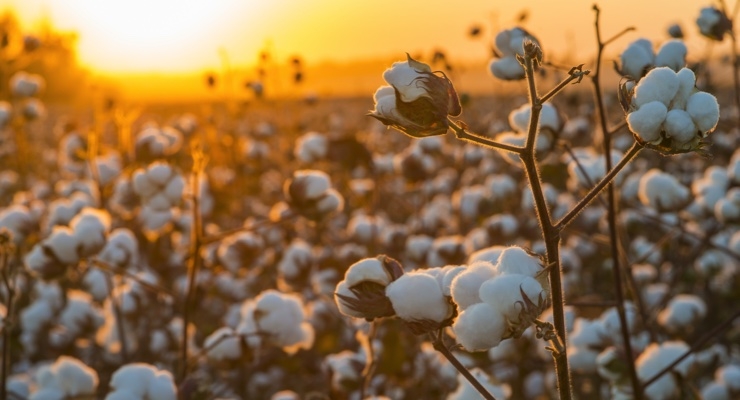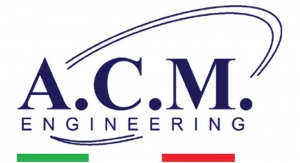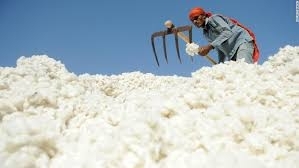The State of Texas has funded $5 million to boost research and education in cotton at Texas Tech University (TTU) in Lubbock, TX.
This state funding, which came through the Governor’s University Research Initiative, has been matched by the University to create an institute that will focus on environmental stresses on cotton. The program will be led by Luis Rafael Herrera-Estrella, an internationally-recognized researcher in plant science and a foreign associate member of the National Academy of Sciences.
Herrera-Estrella becomes TTU’s first National Academy of Sciences faculty member, joining five National Academy of Engineering members on the university faculty.
The High Plains of Texas is the world’s largest contiguous cotton producing area, but is impacted by lack of rain, which affects cotton production and quality. Research on drought and other environmental stresses has high relevance to the High Plains cotton industry, as well as international significance.
The new cotton institute will focus on areas such as cell biology, stress physiology and biochemistry, bioinformatics and more, stated Eric Hequet, chair of the TTU Department of Plant and Soil Science.
Agriculture is one of the core research areas for Texas Tech, and Dr. Herrera-Estrella’s research in cotton genomics will help improve the economic development of West Texas and the state, stated Dr. Lawrence Schovanec, president of Texas Tech University. Dr. Schovanec’s vision is to raise the profile of TTU as an internationally-renowned research intensive university, attracting highly recognized researchers to help strengthen TTU’s studies in strategic areas such as cotton, wind energy and water.
To do so, Dr. Schovanec and his team are focusing on efforts such as undergraduate research and international collaborative education like linkages with China, Costa Rica and other countries, to name a few.
Cotton research at TTU not only focuses on yield and quality, but also on value-added applications. Research activities at the Fiber and Biopolymer Institute and the Nonwovens and Advanced Materials Laboratory have resulted in high performance products such as bio aerogels, cotton-based oil sorbents and toxic chemical decontamination wipes.




















